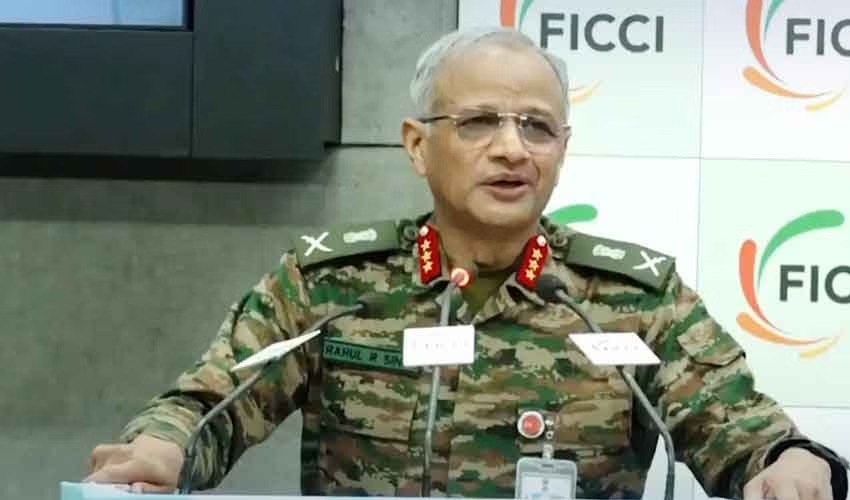Singh says Turkiye also provided key support to Pakistan through numerous drones, ‘trained’ people

During the ‘Marka-e-Haq’ battle, Pakistan stunned and confused the Indian Army through advanced electronic warfare tactics, according to Indian Army Deputy Chief Lt. Gen. Rahul Singh.
The nuclear-armed rivals used missiles, drones, and artillery fire during the four-day fighting – their worst in decades – triggered by an April attack on tourists in India-held Kashmir that New Delhi blamed on Islamabad, before agreeing to a ceasefire. Pakistan has denied involvement in the April attack.
Speaking at a recent defense industry event in New Delhi, Lt Gen Singh openly acknowledged Pakistan’s military superiority in the conflict, particularly in the domain of electronic warfare.
He revealed that Pakistan had prior knowledge of India’s troop movements and strategic deployments, which significantly disrupted Indian planning and operations. “It became clear that Pakistan was aware our primary defense systems were active,” Singh noted.
Also Read: Jaishankar says India agreed to ceasefire due to Pakistan threat, US pressure
The deputy chief further stated that Pakistan appeared to be receiving “live inputs” from China on key Indian positions, contributing to their strategic advantage and calling for urgent upgrades to the country’s air defence systems. India fought two adversaries during the conflict, with Pakistan being the “front face” while China provided “all possible support”, he remarked.
“When the DGMO (director general of military operations) level talks were going on, Pakistan … said that we know that your such and such important vector is primed and it is ready for action … he was getting live inputs from China,” he said.
Singh did not elaborate on how India knew about the live inputs from China.
Admitting operational shortcomings, Lt. Gen. Singh said that India’s air defense systems failed to deliver as expected during the confrontation. He also expressed concern over Pakistan’s increasing proximity to China and Turkiye, which he implied could shift the regional balance of power.
Also Read: Global Quad group condemn Pahalgam attack without naming Pakistan
India had earlier said that although Pakistan is closely allied with China, there was no sign of any actual help from Beijing during the conflict.
Regarding the possibility of China providing satellite imagery or other real-time intelligence, India’s chief of defence staff had said such imagery was commercially available and could have been procured from China or elsewhere.
Pakistani officials have previously dismissed allegations of receiving active support from China in the conflict, but have not commented specifically on whether Beijing gave any satellite and radar help during the fighting.
Singh said that Turkiye also provided key support to Pakistan during the fighting, equipping it with Bayraktar and “numerous other” drones, and “trained individuals”. Ankara has strong ties with Islamabad, and had expressed solidarity with it during the clash, prompting Indians to boycott everything from Turkish coffee to holidays in the country.
